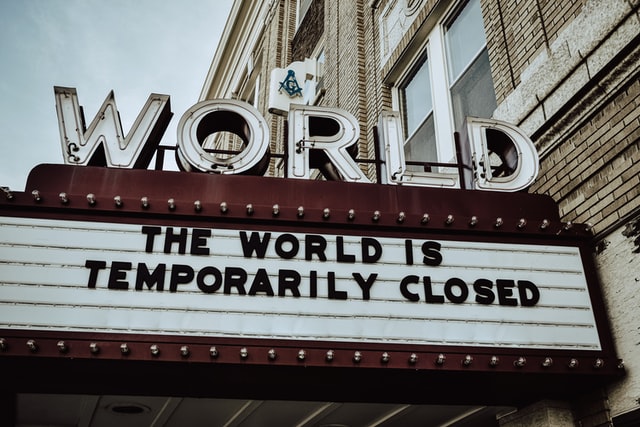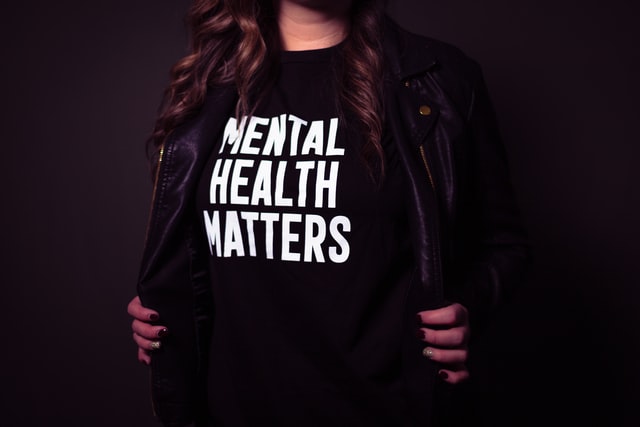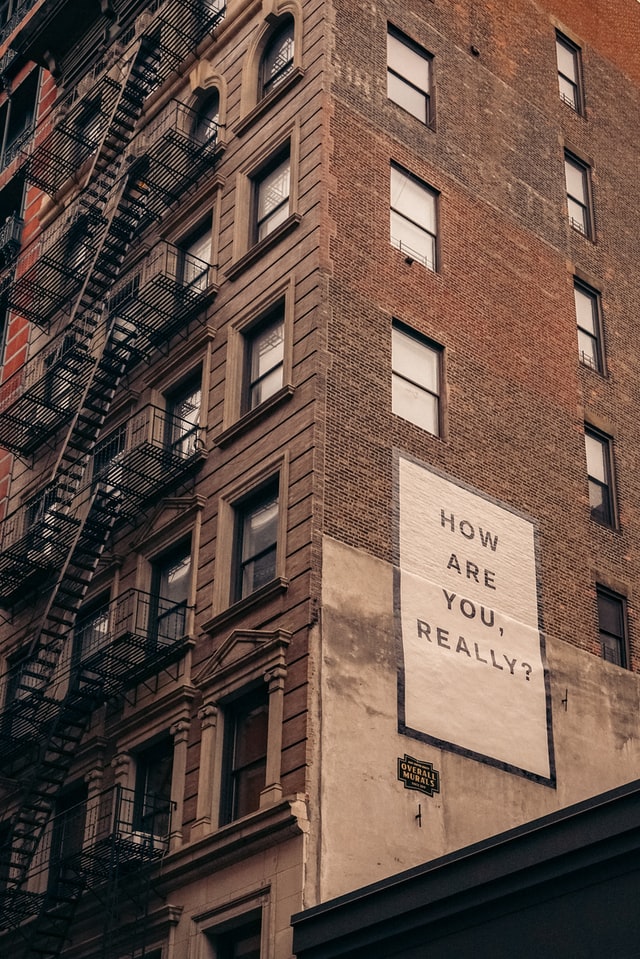COVID-19 side effects
Over a year has already gone by since the first lockdowns were implemented in mostly all countries. This drastic change to our lives when all of a sudden the world saw its inhabitants go home, work remotely, and whenever possible social distance, in a joint effort to stop the spreading of the COVID-19 virus, has had notable effects in our mental health.

Since the beginning of 2020, lockdowns and Covid-related restrictions began to enter our lives. While in Europe, America, and Africa we were still learning the impact of the Coronavirus, China and its neighbouring countries already had a strict lockdown to try to combat what was going to be the worst pandemic of the century. The effects of COVID-19 can be seen in different aspects of our lives, mainly in the number of infected cases and the high number of deaths worldwide. But apart from this, COVID-19 has brought with it many other secondary consequences that can affect us in our day to day activities.
From one day to the next, we saw how our daily lives, with new rules and social behaviours, changed completely. We went from having a job to not having one, or to having our work hours reduced, or forced to work remotely from home. Meanwhile, many children stopped going to school and socializing with people their age, staying indoors instead and the older ones had to lock themselves up so as to avoid suffering the worst of the virus’ consequences.
And it is precisely this dramatic change in life, added to the uncertainty that many people and countries have lived in for over one year, that mental problems can arise. Uncertainty, unemployment, the loneliness of lockdowns and the feeling of missing opportunities in life can be the cause of illnesses such as depression or anxiety.
Th COVID-19 pandemic has brought out the best and the worst in people and societies, we have seen how many people came together to try to alleviate the effects of the COVID-19 in the most disadvantaged but it has also plunged us into great loneliness. There are many countries today that continue to maintain the lockdown, causing their citizens to have less and less outside contact and more time in their homes, strongly affecting social skills and even creating a certain fear of going out and socializing. Not only that, but habits and routines have also changed, there have now been many cases of lack of sleep, lack of appetite and alcohol abuse due to prolonged lockdowns.
Furthermore, we must not leave out the health sector workers, who have been on the front lines of the war for us for more than a year now. Different studies from different countries show the mental symptoms of covid in their health personnel and all agree on a large rise in anxiety rates among these workers, in addition to a large rise in the rate of suicidal thoughts among them, the latter being a high risk for these people.
It is for all this, that more emphasis should be made, in addition to raising more awareness, nationally and internationally on the importance of going to mental health specialists in cases of anxiety, depression, stress, suicidal thoughts … or any other type of mental health condition that can affect our daily lives. Help is there and now more than ever, it can be done. The fear and suffering that this situation may be causing can be treated and can even disappear with the proper treatment.

It is well known that there is significant stigma around mental illness and that in some communities or countries it can even become a taboo subject. That is why at The International Risk Podcast we also want to send a hopeful message to those people who have been most affected by the COVID-19 pandemic and who need help.
The team at The International Risk Podcast encourages people who are going through a similar situation to go to a professional or ask for help from their close environment. We have already lost too many people due to the direct effect of the COVID-19 already.
Please, if you are suffering from any of these illnesses or know someone about someone who is, you can contact the mental help telephone numbers in your country. Find the links to some organisations on mental health support:
- NAMI (United States): 800-950-NAMI (6264), Monday through Friday, 10 a.m.–8 p.m., ET, or send an email to info@nami.org. Text NAMI to 741-741. Or connect with a trained crisis counselor to receive free, 24/7 crisis support via text message.
- Mental Health Foundation (United Kingdom): Call Mind info line on 0300 123 3393, available Monday to Friday 9 am to 6 pm
- Beyond Blue (Australia): Call 1300 22 4636 or visit for a chat https://www.beyondblue.org.au/get-support/get-immediate-support

Pingback: Creating mentally healthy workplaces – The International Risk Podcast